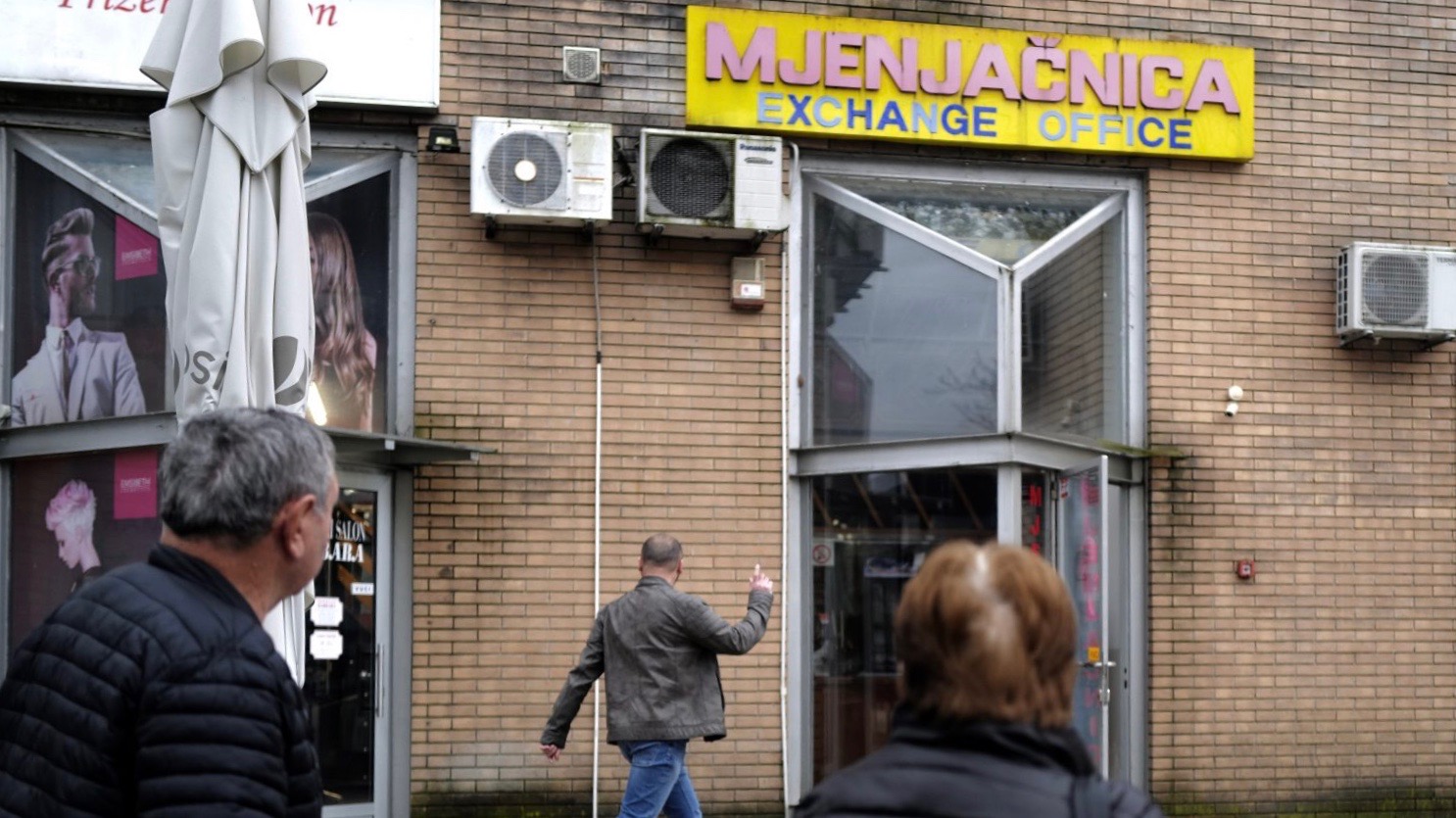Left-wing sections in Croatia have criticized the country’s entry into the Eurozone from January 1, 2023, amid soaring inflation. Various left-wing, working class groups and parties slammed the conservative government led by Andrej Plenković for dragging Croatia into the Eurozone under the influence of European Union (EU) bureaucrats, without enough preparations and without considering its consequences amid the ongoing cost of living crisis.
Katarina Peović, MP from the Workers’ Front (RF), alleged that the move was politically motivated. She said the entry was formalized “without meeting the inflation criteria, in a situation of galloping inflation not seen for decades, and it will further worsen the standard of living of the majority of citizens.” The Mozemo (We Can) – Political Platform stated that further increase in prices is “evidence of a poorly-guided process and the neglect of consumer protection in the process of introducing the euro” in Croatia.
Croatia, which has been a member of the EU since 2013, adopted the euro as its currency on January 1, and also joined the EU’s border-free Schengen zone. As pointed out by many experts and groups, the conversion to euro from the previous currency, the Croatian Kuna, has resulted in a general price increase for consumers, that too in the midst of a cost of living crisis across Europe triggered by the Russia-Ukraine war as well as profiteering by energy sector corporates.
BalkanInsight reported that the consumer protection association in Croatia has stated that “buyers reported noticeable price increases, likely because prices were rounded upwards when they were converted.” The report added that “The price of bread has already risen in real terms by 30% last year. Prices of oil, gas, and wheat also jumped, posing a challenge for many citizens on an already low standard of living.”
Peović told Peoples Dispatch on Tuesday, January 10, that “price increases after entering the Eurozone are the last nail in the standard of living of the working majority. After an inflation rate of 13% and a 20% increase in food and drink prices over the past year, now the conversion is making prices rise even more. Croatia is the first in the history of the Eurozone to introduce the euro in a situation of galloping inflation not seen for decades, which increases the likelihood that such a move will further worsen the standard of [of living] for the majority.”
“Joining the Schengen zone is obviously in the interest of the richer Western Europeans to abolish the customs regime, as tourists are increasingly coming to the Croatian shore and buying real estate – which at the same time is becoming less and less accessible to local people,for whom Schengen mainly means even easier emigration. 17.6% of the working population emigrated from the Republic of Croatia, the EU average is only 3.8% (we are the third most displaced country in the EU, preceded only by Romania and Lithuania),” she claimed.
Mozemo said that “in 2022, we have repeatedly warned, suggested and asked the government to introduce a black list of traders who will take the opportunity to raise prices when introducing the euro. The government unfortunately rejected our proposal.”
“The government is now miraculously surprised by the additional price rise, but the basic problem is that instead of setting up protection mechanisms at the start and sending messages that they will strictly punish those who unjustly raise prices, they relativized the problem even when preparing, such that it can’t be controlled in any way because of inflation,” Mozemo added.





